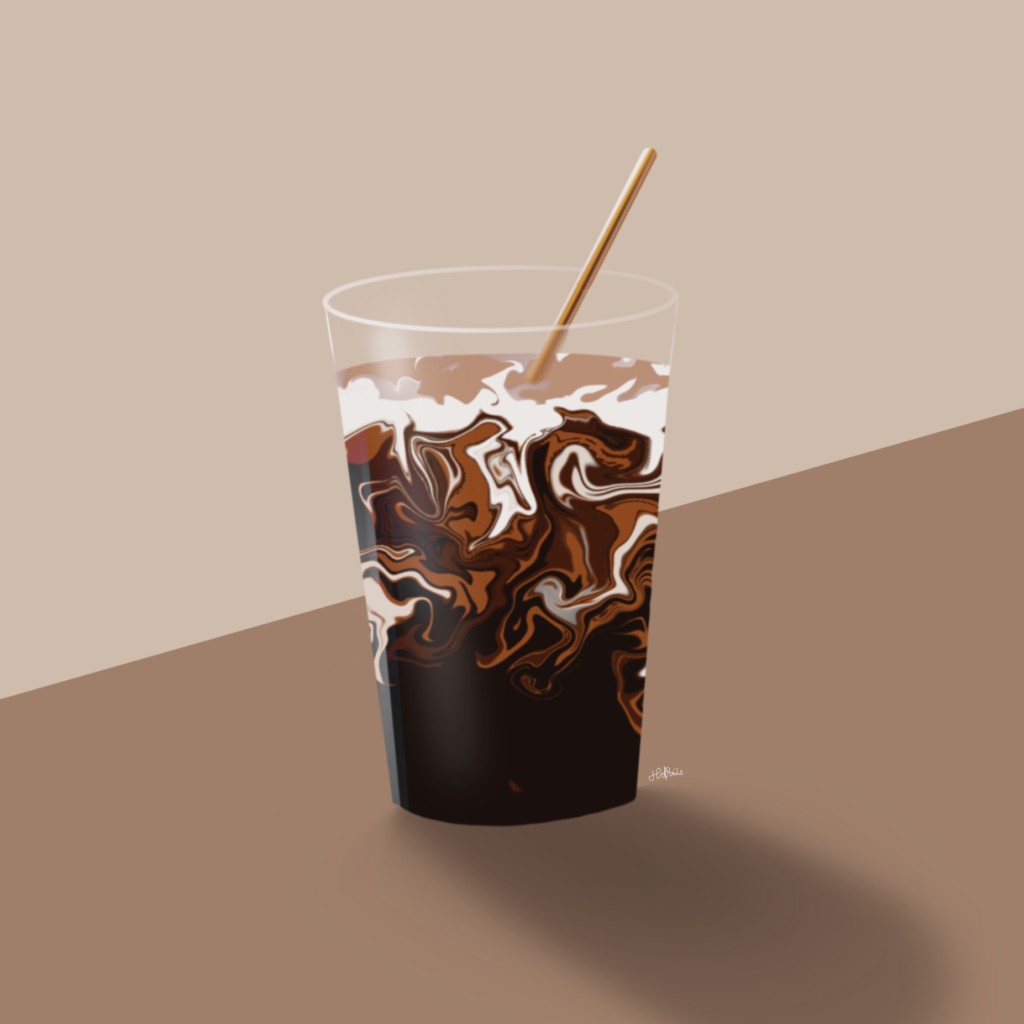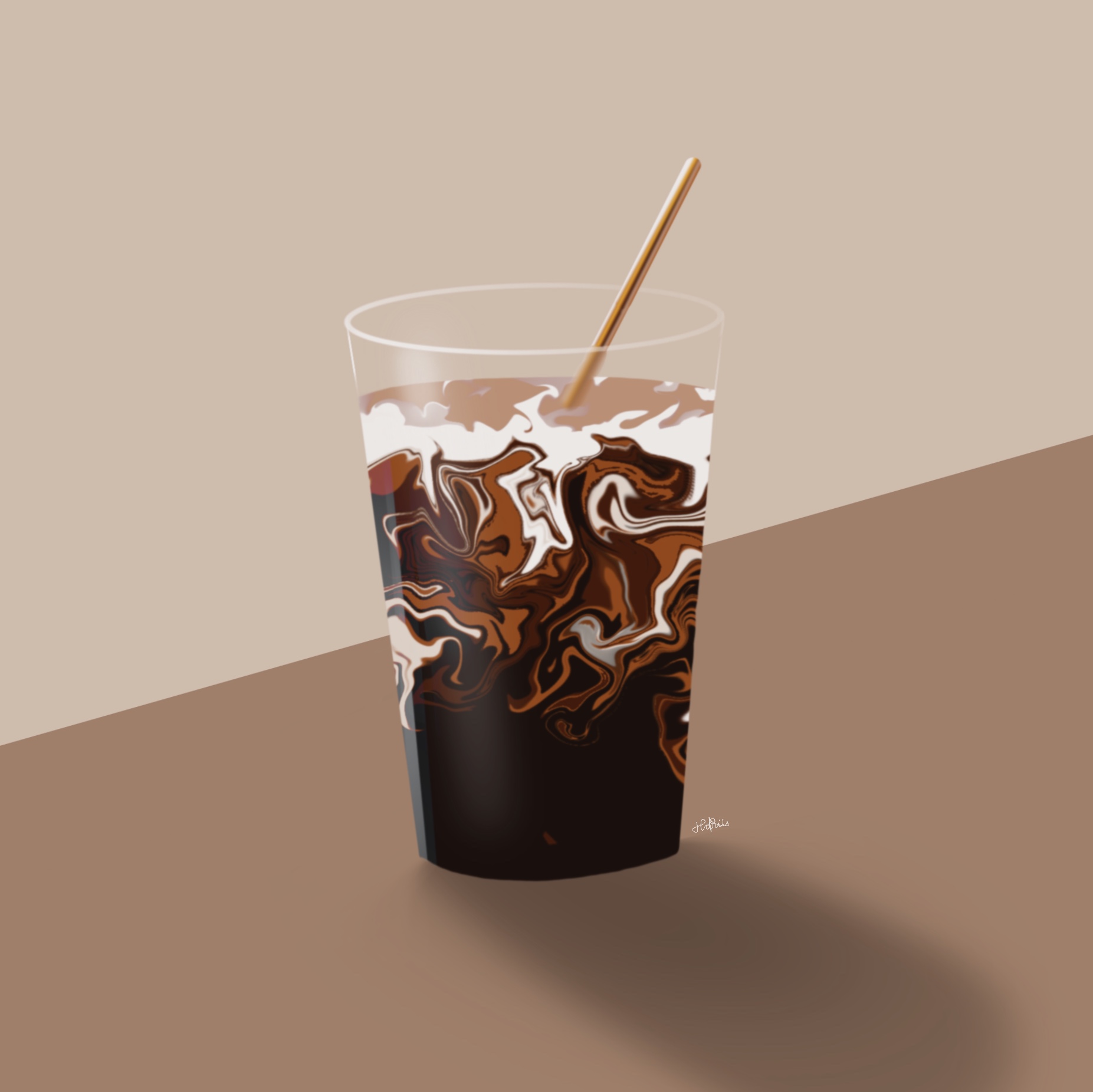When I was younger, I found the smell of cigarettes comforting. I would press my face into my mother’s pillow, breathing in smoke after waking up from a nightmare.
When I was younger, I found the smell of alcohol entertaining. I would scrunch my face up whenever my father talked, exaggerating my expressions so I could make him laugh more.
I never believed my parents to be addicts. I didn’t notice my mother smoking two packs a day. Didn’t notice my father sinking hundreds and thousands of dollars into beer. Didn’t notice both of my parents lying to the doctors, even when they were growing physically and psychologically sicker because of it. Or maybe I did notice it, but it never seemed wrong.
Addiction, despite how often it slips into the common vernacular, is a serious issue.
Had my mother not been smoking and my father not been drinking, they may have worked well as a unit. Instead, I always saw my mother with her cigarette (electronic, lately) in hand, the continuous drags she would take from it concealing barely-held irritation. Whenever something angered her, she would lock herself in the bathroom, a trail of sickly sweet smoke trailing behind her. I always saw my father with packs of beer on hand, his drunken laughs filling the otherwise empty and sad living room. His joyful attitude was a painful contrast to his rare sober moments, closed-off and passive.
Had my parents recognized they had developed an addiction, maybe they would have noticed their daughters. Noticed when the girls were desperately reaching out for love and support. Instead, home felt like a dorm, with four strangers begrudgingly stuck living together.
I wish I could simply despise my parents, label them as lazy, weak-willed people who deserve to be dehumanized, belittled, and shamed by society. Yet, I cannot. Not when I remember the stories they shared with me in those rare moments when they would talk about their past.
My mother loved her father, my grandfather. Born in a large lower-class family of eight siblings, the home tense with fights over food and money, my grandfather was the only family member that truly loved her. Whenever we would visit his grave, she would smoke a stick of his favorite brand and set it on the ground, half-lit. Nobody told me why she did this, though I can now infer why. It was a signal showing my grandfather we were still alive, that my mother was alive, still indulging in the habit that caused him to die. Much like how the smell of cigarettes reminds me of my mother, maybe it reminds her of her father — a man who left her too soon.
My father’s life is an antithesis to my mother’s. Growing up, my father avoided staying home, the space always too empty because of a failed arranged marriage and his recluse of a brother. In search of pleasure, my father devoted his body to judo, training until his urine was brown with blood. He rode a motorcycle, illegally driving on an empty highway until the speedometer reached three digits — the list goes on. These hobbies were replaced by beer, a better way to forget everything but the present. Like my mother, I have never seen him cry. Except once, when I was young enough to watch movies with him. He cried, barely letting out a sound, as we watched two siblings finally admit how much they cared about each other.
Even with this small window into their past lives, I am only left to assume what led to my parents’ addictions. Even understanding why, do I forgive them for what they have done and said when under the influence? No. My feelings of frustration and resentment are true.
But hating my parents, throwing them aside, trivializing their issues as society wants me to, will solve nothing. No one chooses to become an addict. Even if I feel tempted to shame them for using their vices to escape their pasts, if I do not move on from my own feelings, I can see myself grabbing a cigarette or another can of beer. No matter how much addiction has changed my family’s life, those addicts raised me. The smell of cigarettes and alcohol will always be comforting, always heavy with things left unsaid.
If I cannot be kind to them, who will?
Addiction is horrible. However, it is not as superficial as we are taught to believe. Addiction is complex, nurtured by a life that makes holding or forgetting the past alluring. However, if I want anything to be taken from this, it is the importance of being kind. Kind enough to understand why we are feeling the things we feel, vulnerable enough to heal, and forgiving enough to let go.


